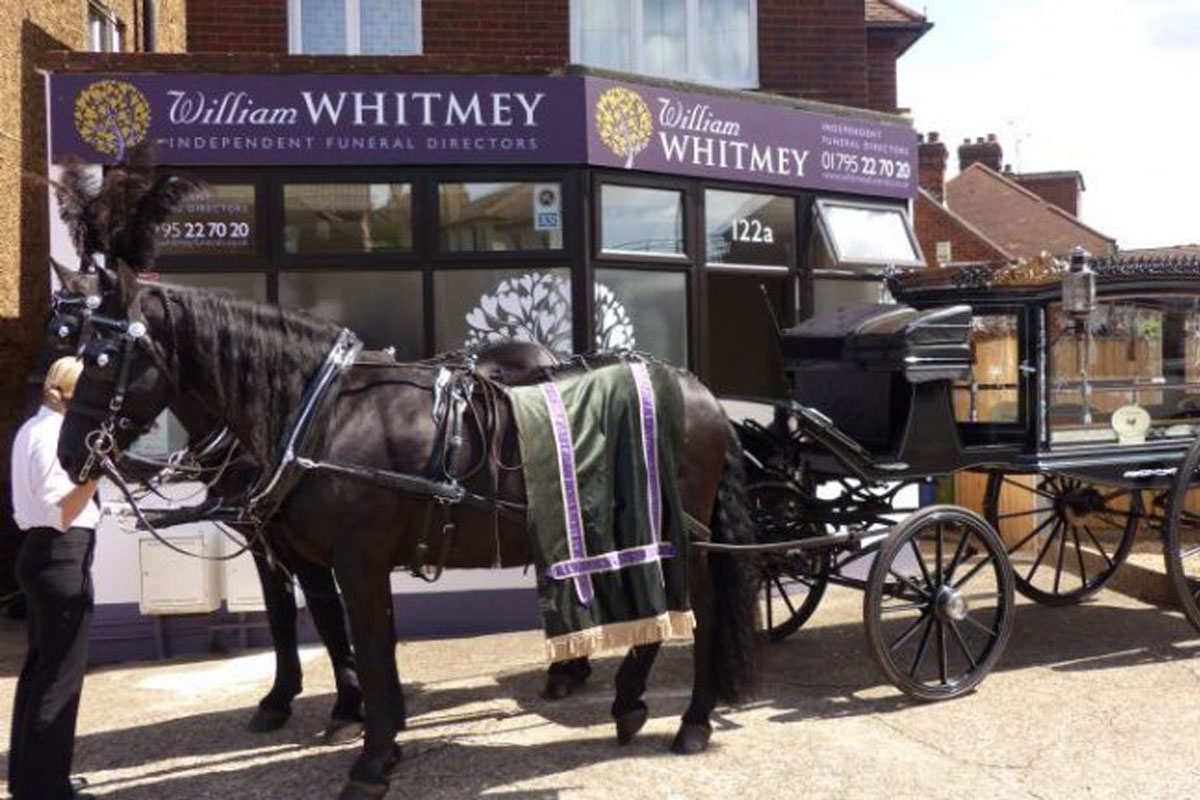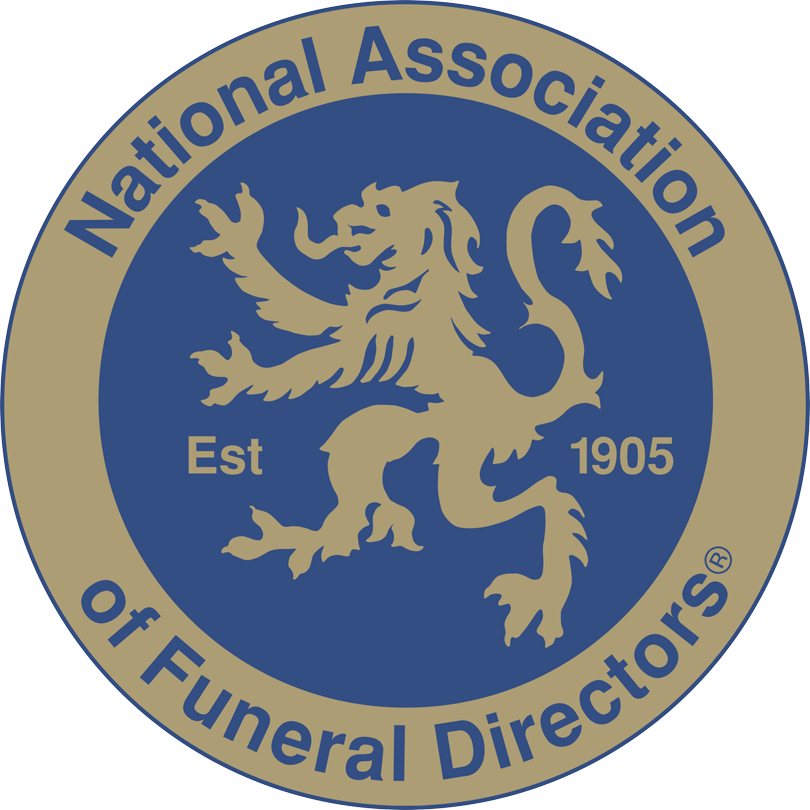FAQs
Funeral homes often receive a wide range of questions related to services, logistics, and personal preferences. Here are some of the most commonly asked questions:
Burials
Graves are usually dug to a depth of about 6 feet, but this can vary based on local regulations.
Many cemeteries have sections designated for the burial of cremated remains, either in the ground or in columbariums.
A green burial involves burying the body in a way that minimizes environmental impact, often without embalming and in a biodegradable casket or shroud.
Laws regarding burial on private property vary by location. It’s important to check local regulations.
Embalming is the preservation of the body using chemicals. It’s not always necessary and is often a personal or religious choice. Some opt for refrigeration instead.
Traditional burial involves placing a deceased body in a casket and interring it in the ground in a cemetery.
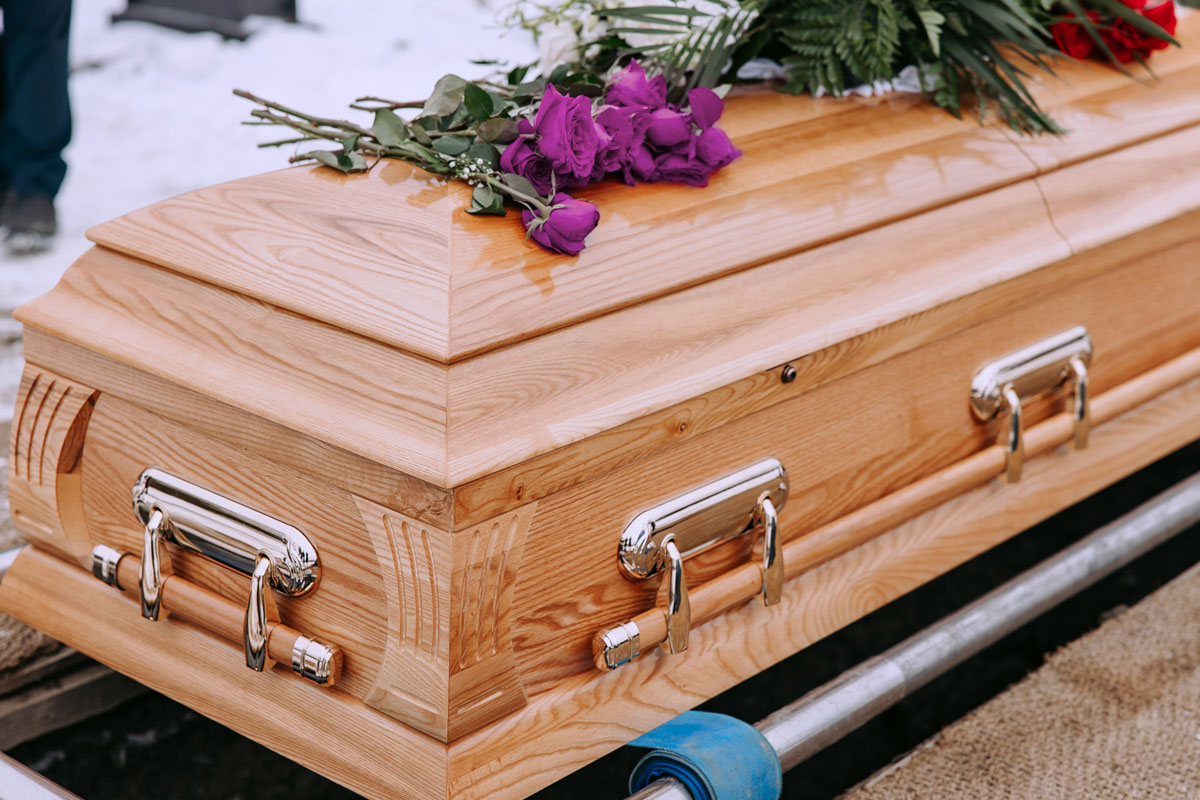
Cremations
A Kite marked coffin from a reputable dealer must be used.
Most crematories only cremate one body at a time to avoid mixing ashes.
The ashes are usually placed in an urn. They can usually be collected by the funeral director or a family member.
Many crematoriums offer the option for family members to witness the start of the cremation process. This can provide closure and comfort to some.
The body is placed in a cremation chamber, where it is exposed to high temperatures (around 1,400-1,800 degrees Fahrenheit) until only ashes remain.
Cremation is a process that uses intense heat to reduce a deceased body to ashes, typically within a few hours.
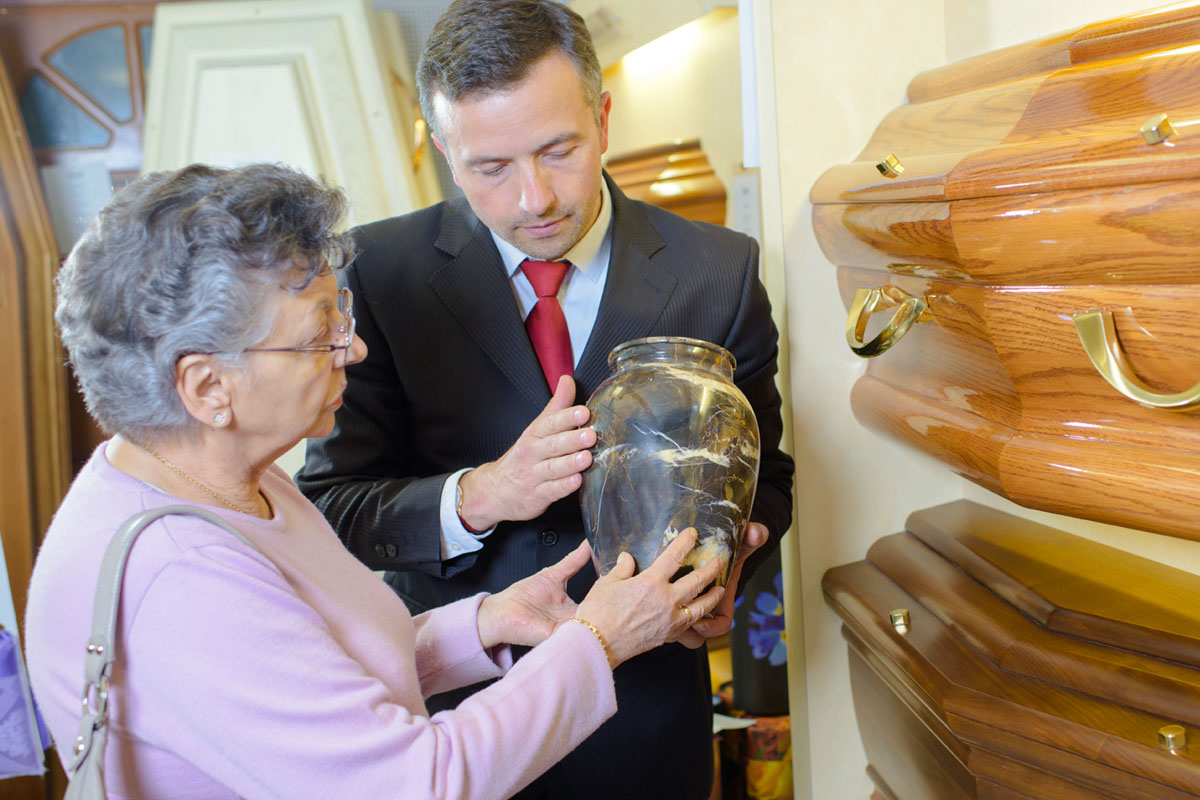
Humanist/Non Religious Services
Yes, Humanist services are designed to be respectful and inclusive. While they do not have a religious focus, they aim to create a ceremony that honors and respects the beliefs and values of all participants.
Humanist celebrants can be found through secular organizations, online directories, or by seeking recommendations from friends and family. It’s important to choose a celebrant who aligns with the values and vision of the ceremony.
Yes, Humanist services often incorporate music, poetry, and symbolic rituals that hold personal meaning for the individuals involved. These elements contribute to creating a meaningful and unique ceremony.
The structure varies depending on the type of ceremony, but generally, it includes an opening, readings, vows or promises, symbolic actions (e.g., exchanging rings), and a closing. The content is often personalized to reflect the beliefs and values of the individuals involved.
Humanist services often include personal anecdotes, readings, music, and reflections on the individual’s life. The focus is on celebrating the person’s achievements, relationships, and impact on others.
Humanist celebrants or officiants typically conduct these ceremonies. They are trained professionals who create and lead the service, tailoring it to the beliefs and values of the individuals involved.
No, Humanist services are open to people of all beliefs. They provide an inclusive and respectful space for individuals who may not identify with a particular religious tradition.
A Humanist service is a non-religious ceremony that celebrates and commemorates a person’s life without reference to religious beliefs or rituals. It focuses on the individual’s experiences, values, and contributions.
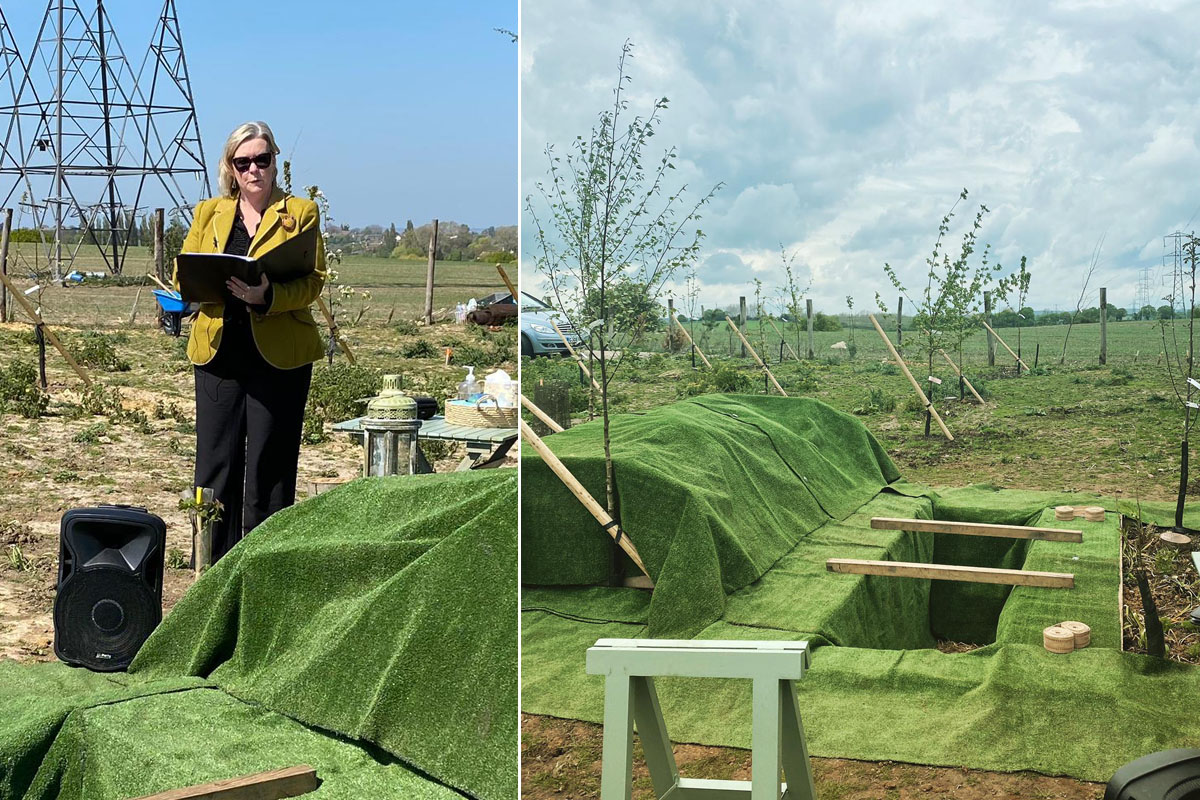
Whitmey Funeral Director Answers
One of the first things that needs to happen when someone has died is for the death to be registered. This process will depend on the location and nature of the death.
The death must be registered by the registrar:
- Within five days in England, Wales and Northern Ireland
- Within eight days in Scotland
In England and Wales, it is possible to delay registration for a further nine days provided that the registrar receives written confirmation that the medical cause of death certificate has been signed by a doctor.
Delays due to the involvement of the coroner are not usually counted within these time frames.
The registration should be made in the district in which the death occurred in England unless the death has occurred in a county that has adopted a county-wide system.
If you are completely unable to attend a registrar in the district (or county) in England in which the death occurred you can attend elsewhere and carry out a declaration of the death. You should be aware that issue of the Death Certificate will be delayed as documents must be sent between the registrars in the post. In Scotland the registration may be done at any Scottish registration office.
Most registrars operate appointment systems. Some operate an emergency out of office hours service for families needing urgent burial for any reason. Telephone your main council switchboard to find out if there is an out of hours service.
In general, registration of the death should be carried out before the funeral can go ahead. Exceptions are deaths subject to investigation by the coroner or procurator fiscal. Permission for burial may also be issued before full registration in certain circumstances but this is not possible if cremation is planned.
Choosing a coffin for someone is probably not something you have ever given much thought to, if any. When it actually comes to it, it can feel surreal. It’s difficult. Take your time.
There’s a huge range of coffins out there. In Britain we have more choice than in any other country on earth.
Do you have to buy a coffin from an undertaker?
No you don’t however, you should purchase the coffin from a recognised coffin maker which has a kite stamp on it, otherwise the Crematorium will not accept it. Any problems, contact us.
Cremation
Cremation is certainly more popular these days and you may have a cremation at any Crematorium you wish.
The nearest Crematorium to our offices is the Garden of England Crematorium at Bobbing. However we serve all crematoria throughout the UK.
Burial
We do of course carry out burials. This may be in a Churchyard, Parish Cemetery or Local Authority Burial Ground.
If you require a ‘New’ grave we will assist in finding out which cemeteries are open for new interments and advise you of the appropriate fees. If you already have an existing grave we will ensure that there is room for another interment and make all of the arrangements on your behalf.
A Humanist funeral is taken by a Humanist Celebrant who will not have any religious slant to the service. A Funeral Celebrant is a person that will take the service but is happy to have a prayer or hymn.
An ordained minister will take a service with those with a more religious outlook.
Today, many people are looking for alternative ways to demonstrate their own personal spirituality and beliefs. As a Funeral Celebrant I am committed to providing bespoke ceremonies that will reflect the beliefs, lifestyle and personality of your loved one.
Once all of the elements of the service are discussed and decided upon, I will write an appropriate and customised service. In this way, I can create a smooth-flowing, beautifully crafted tribute for your loved one.
As necessary, we will assist the various speakers before the event and oversee the ceremony’s design and delivery.
During the event, we will facilitate and guide the proceedings, make any necessary announcements, as well as leading individuals through any readings or rituals within the ceremony.
